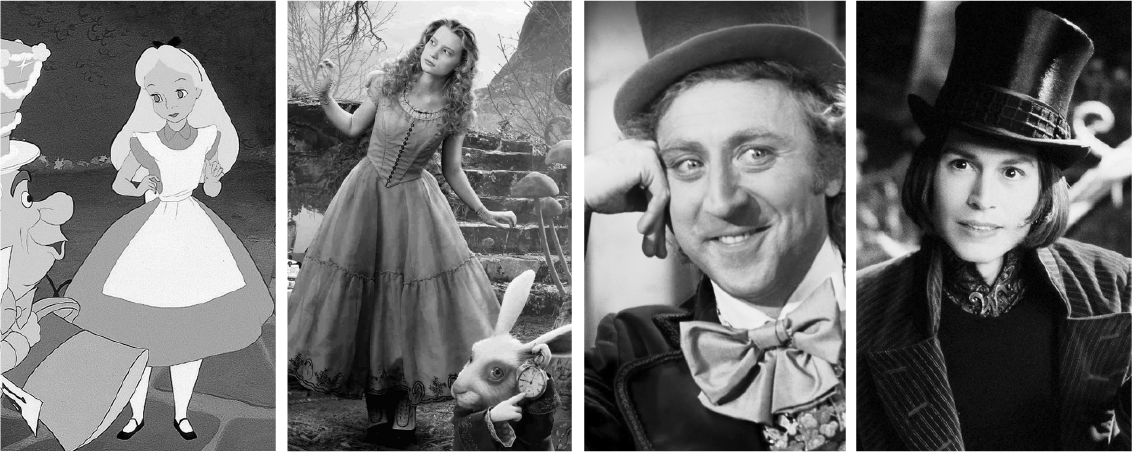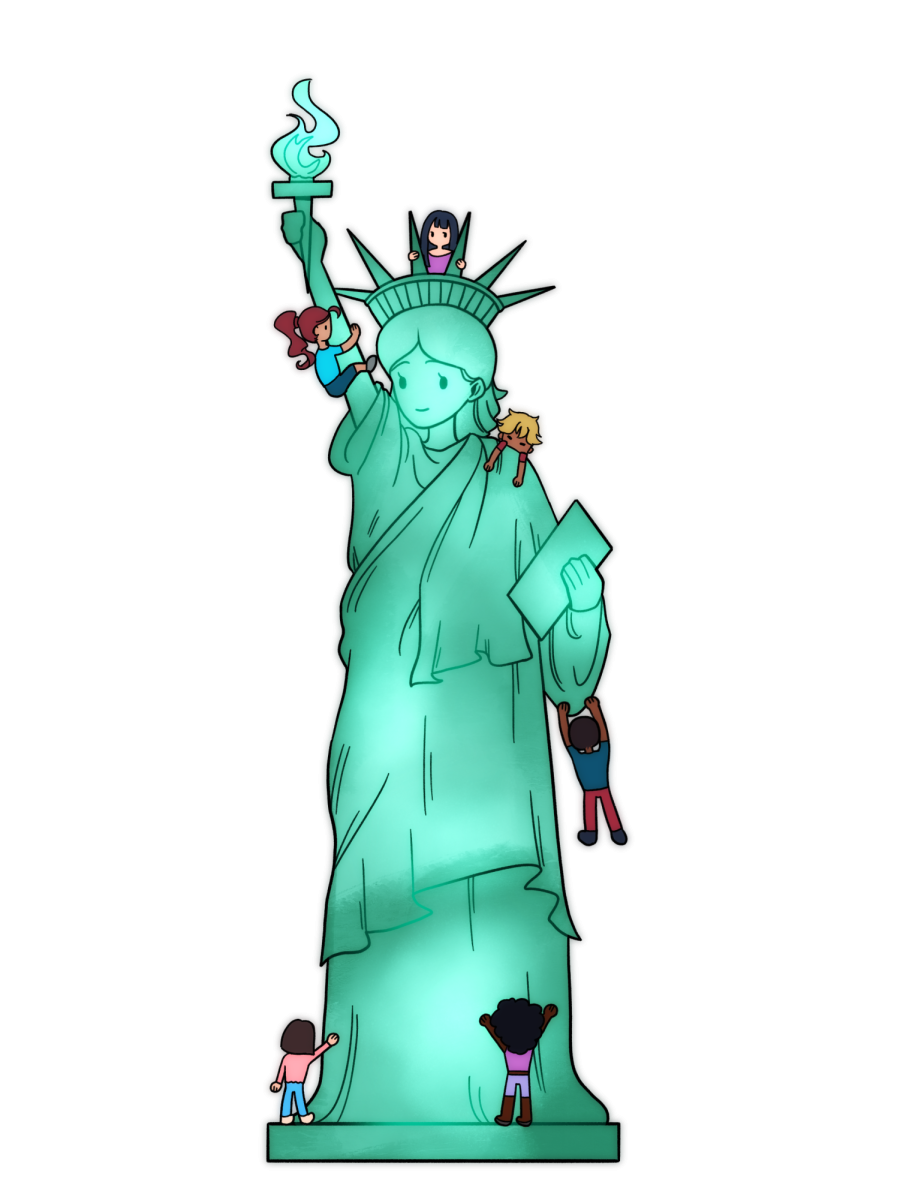Alice in Wonderland,” “Ghostbusters,” “The Karate Kid” and “The Jungle Book” compose only a small portion of the platform of recent Hollywood remakes. Has Hollywood lost its creativity or is it providing consumers exactly what they want when they remake movies?
Remakes induce a common sentiment among movie viewers upon seeing their trailers: hope that the remake does not ruin the original. This is a concern for viewers, especially those who hold the original movies near and dear. The remake that turns out to be inferior can taint the original movie’s image.
Two movies that seem to be a couple of the most egregious remakes according to Rotten Tomatoes’ “Worst Remake Lists” are 2010’s “Clash of the Titans” and 2011’s “Arthur.”
When recreations are done well, their stories can redefine the original and instill special memories for the next generation of moviegoers. “True Grit” and “A Fistful of Dollars” are two of the highest ranked movies on Rotten Tomatoes, “Best Remakes 50 Years, 50 Movies” list.
“True Grit,” recreated the 1969 movie starring John Wayne. Remade in 2010 and directed by the Coen brothers, the movie is admired for capturing American character in a western film. Another Western, “A Fistful of Dollars,” originally aired in Italy defined a new era of westerns in America and ushered in Clint Eastwood to the movie business.
While remakes are often worse then their originals, they can indeed be better. When they are better, the movies are celebrated and appreciated and can help new generations feel the greatness of the original.
Remakes provide secure investments for Hollywood creators. Regardless of how much disgust at the lack of originality that trailer may instill in audience members, many will see said remakes out of sheer love for the originals. People are going to see the movie because of its brand, not necessarily for the quality of the film.
These movies can be hugely successful. “True Grit” grossed over $171 million domestically on a $38 million budget. Similarly, reimagined superhero movies have been hugely successful. “Superman v. Batman: Dawn of Justice,” another comic book turned into a movie, was heavily criticized, scoring a 29 percent on Rotten Tomatoes. Despite this, the movie grossed nearly $312 million domestically.
Current remakes such as “G.I. Joe” and “Teenage Mutant Ninja Turtles” represent an explosion in the trend of now-grown adults watching their old childhood shows and movies. Watching these movies can be a flashback to childhood memories.
We all brag and reminisce with friends about how we watched TV shows such as “Spongebob,” “Drake & Josh” and “That’s so Raven.” With buying tickets for movies such as “Teenage Mutant Ninja Turtles,” it eventually becomes the same thing; going to watch them is a way to show our peers that we did indeed watch that show in early stages of youth.
Batman, Star Wars and the Avengers are movies that share similar traits. Consumers are willing to pay to see movies that bring back past memories. Advancements in technology have enabled movie creators to pull off the effects required to capture the greatness of superheroes such as superman. Watching the original 1971 “Willy Wonka and the Chocolate Factory” version can be painstaking due to the poor graphics, despite how great the plot is. This makes newer versions such as the 2005 “Charlie and the Chocolate Factory” more appealing to watch since the CGI is substantially improved, and adjusted to our current standards.
Most remakes profit off the re-creation of past movies. When the new “Point Break” trailer came out on YouTube, remaking its 1991 version, it did not receive positive reviews. Some of the most-liked YouTube comments read, “They are about to destroy a classic.” and “[Original star Patrick] Swayze will be turning in his grave.” Yet, the movie box office grossed $133.7 million, profiting from its opening weekend alone. Also, the Rotten Tomatoes for “Point Break” is lower than any movie mentioned in this article, it is at mere nine percent. For this reason, Hollywood will continue to release remakes, people buy remake movie tickets.
Despite criticism, people are unable to resist and show up to see the remakes. Movies that are remade have stupendous originals, so the branding they have is very credible.
Hollywood will only continue to revamp movies until consumers simply stop paying to see remakes.








